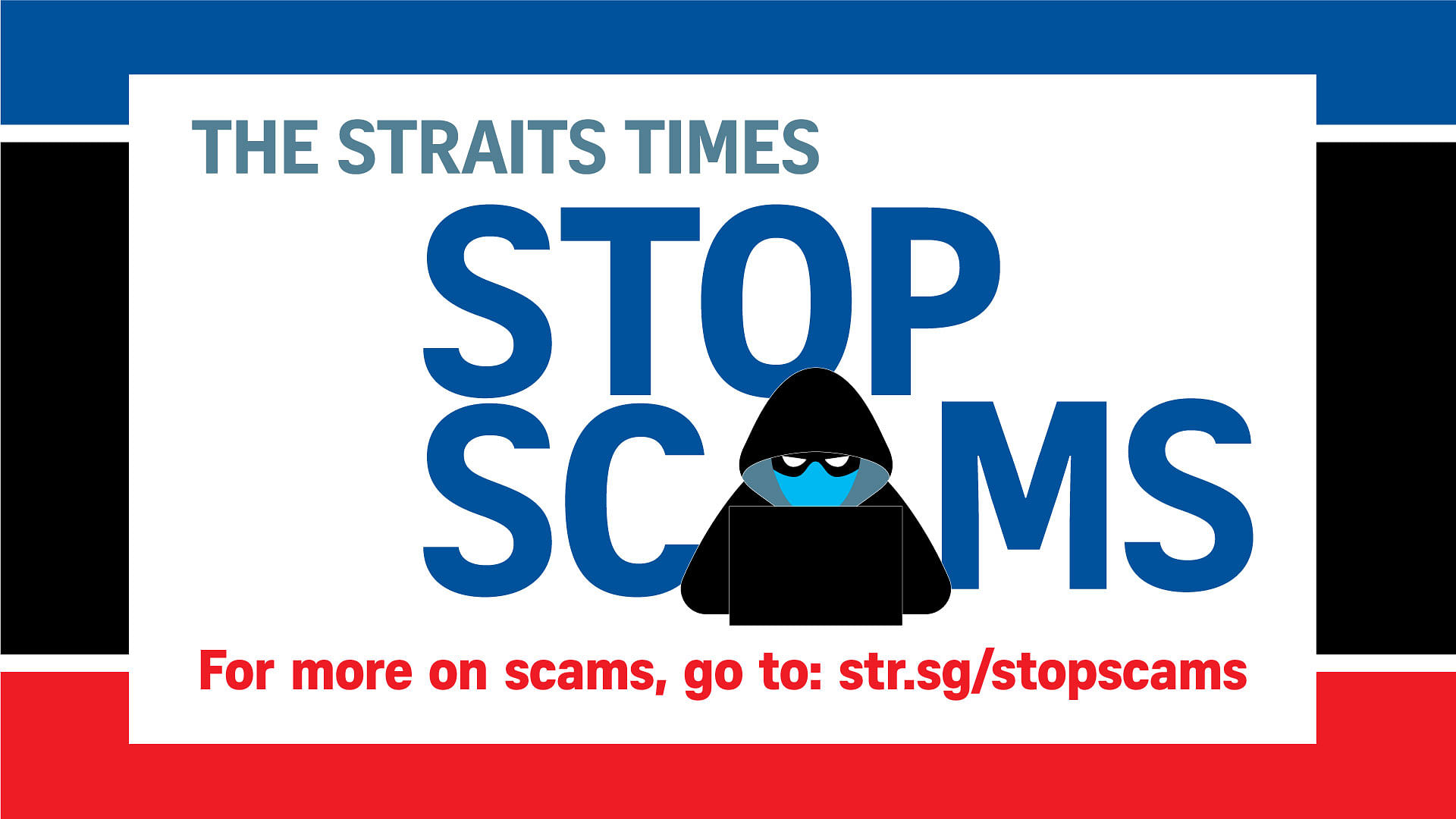SINGAPORE - At least 72 people have fallen victim to a phishing scam on Carousell since January, losing more than $109,000.
Scammers would pose as buyers on the consumer e-marketplace platform, expressing interest in purchasing items that the victims were selling, the police said in a statement on Thursday (March 3).
After an agreement had been reached, the scammer would request to make payment via CarouPay, an in-app payment feature, to the victim's PayNow account.
The victims would then receive an e-mail from scammers purportedly sent from Carousell, stating that payment was made but they needed to access a link in the e-mail to receive it.
The link would redirect them to fraudulent websites impersonating bank websites, where they would be asked to give their banking details and one-time password (OTP) in order to receive payment.
"Victims would only realise that they had been scammed when they discovered unauthorised transactions made to their bank accounts," the police said.
Carousell told The Straits Times that it has been working closely with the police, and has suspended the fraudulent accounts.
“We are notifying our users with pop-up messages upon opening the app which informs them that Carousell Protection... will never require you to complete a Carousell transaction through third-party websites,” said a spokesman.
The pop-up message also has a link to a separate guide on how users can detect phishing scams.
“We remain committed to building a safe and conducive environment for people to buy and sell online,” the spokesman added.
The police advised the public to always verify a buyer's profile on online marketplaces by checking the account's verification status, creation date, reviews and ratings.
Carousell Protection, previously known as CarouPay, will not require sellers to confirm payment through e-mail or reveal any online banking log-in credentials through third-party websites, the police added.
The public is also advised not to click on links in unsolicited e-mails and text messages, and to check the authenticity of the information with the platform directly or with the banks.
They should not disclose personal information or their banking details and OTP to anyone, said the police, adding that fraudulent transactions should be reported to the bank immediately.
Those with information on such scams can call the police hotline on 1800-255-0000 or submit it at this website.
More scam-related advice can be found via the anti-scam hotline on 1800-722-6688 or at this website.



